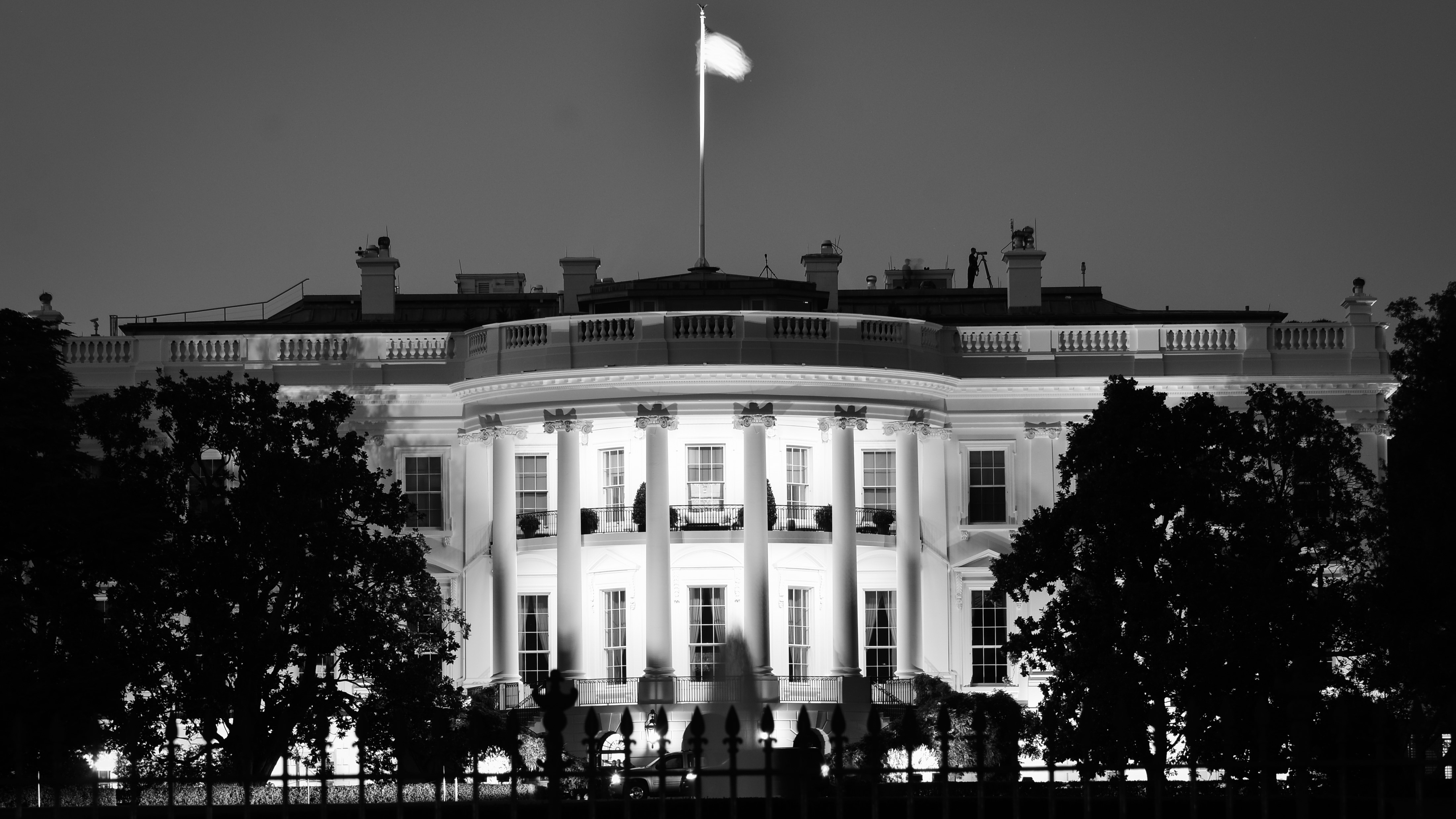Trump mulls allocating $2B of CHIPS Act funds to boost U.S. critical minerals supply chain — move aims to reduce American dependence on China for its rare-earth needs
Rare-earth minerals are crucial to building semiconductors

The White House is reportedly considering using $2 billion of CHIPS Act funds for investments in rare-earth mining and processing within the U.S. According to Reuters, the Trump administration wants to use the already existing funds that the Biden administration has allocated for semiconductor investments so that it doesn’t have to request additional funding from Congress for this initiative.
Although not exactly directly related to chip manufacturing or research and development, these critical minerals are crucial to the electronics and defense industries. For example, you can find dysprosium in hard drives and EVs, while scandium is often used in Wi-Fi modules. There’s also germanium, gallium, and several more elements — all of which are used in various applications, from semiconductor and wireless communication to medical imaging and nuclear power.
China is the biggest producer of rare earths at the moment, producing around 270,000 metric tons in 2024. Given the reliance of nearly every modern device on these resources, many industries were severely impacted when the country applied export restrictions on critical minerals. This has got the U.S. and its allies scrambling to find alternatives, with Australia making an effort to scavenge them from mining waste, and Canada planning to expand its mining industry. Even private companies are getting into the mix, with Western Digital launching a new recycling process that reclaims rare earth minerals from old HDDs.
These efforts may still be insufficient to meet the accelerating demand for chips and semiconductors worldwide. This is especially true as the AI race between the U.S. and China heats up, with many organizations ordering hundreds of thousands of GPUs — Elon Musk is even targeting to deploy 50 million H100-equivalent AI GPUs in the next five years. So, to help it gain independence in chip making, Washington must also ensure that it has the minerals it needs to make them available locally or at least readily accessible from allies that aren’t threatened by its adversaries.
Out of the nearly $39 billion earmarked for chip manufacturing and R&D in the CHIPs Act, over $8 billion is still unallocated. So, by moving $2 billion from this fund to rare earth mining and refining, the White House aims to help increase American production of critical minerals without requesting additional funding from taxpayers.
Get Tom's Hardware's best news and in-depth reviews, straight to your inbox.

Jowi Morales is a tech enthusiast with years of experience working in the industry. He’s been writing with several tech publications since 2021, where he’s been interested in tech hardware and consumer electronics.
-
Why_Me Smart move imo. They can start here in Alaska were we have plenty of those rare earth materials.Reply -
artk2219 Reply
Even a broken clock can be right twice a day i guess.Admin said:The White House wants to use the already existing CHIPS Act funds to invest in rare-earth mining.
Trump mulls allocating $2B of CHIPS Act funds to boost U.S. critical minerals supply chain — move aims to reduce American dependence on China for i... : Read more -
Zoolook13 Reply
It's not mining that is the bottleneck, its the processing/refining, so I hope that is where the money will be used.Why_Me said:Smart move imo. They can start here in Alaska were we have plenty of those rare earth materials.